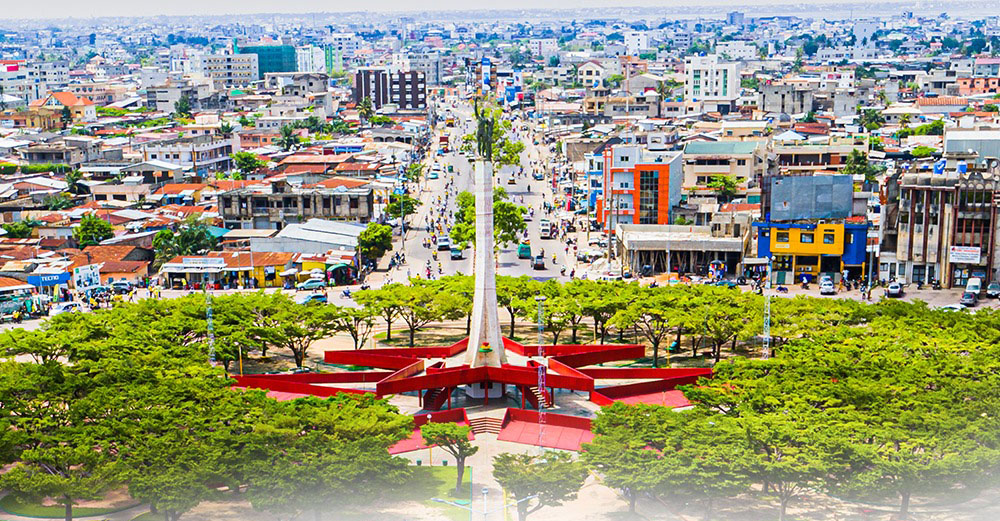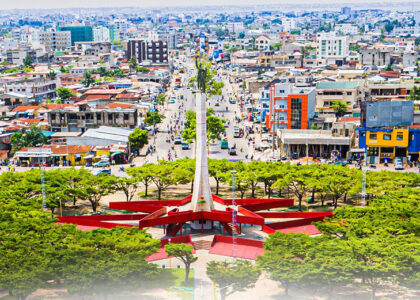Traveling Through Benin: Tips for First-Time Visitors
Benin Republic, a hidden gem in West Africa, offers a rich tapestry of history, culture, and natural beauty for travelers. If you’re planning a trip to this vibrant country, here are some essential tips to help you navigate Benin smoothly and make the most of your visit.
1. Understanding Benin’s Geography and Climate
Benin is located in West Africa, bordered by Togo, Nigeria, and Burkina Faso. Its climate varies from humid and tropical in the south to more arid conditions in the north. The best time to visit is during the dry season from November to March when temperatures are milder and rainfall is minimal.
2. Visa and Entry Requirements
Most visitors to Benin will need a visa, which can be obtained from Benin’s embassies or consulates or through an e-visa application.
However, if the visitor holds a passport of a country that is part of ECOWAS, it subscribes to the ECOWAS protocol, so citizens of member states in the region can enter freely and exit or reside wherever they wish for up to 90 days per visit. Ensure your passport is valid for at least six months beyond your planned departure date. Always check for the most current entry requirements before traveling, as regulations can change.
3. Health Precautions
Health precautions are crucial when traveling to Benin. Make sure to get vaccinations for hepatitis A, hepatitis B, typhoid, and yellow fever. Malaria is prevalent, so anti-malarial medication and mosquito repellent are recommended. Drink bottled or boiled water to avoid waterborne illnesses.
4. Currency and Banking
The currency in Benin is the West African CFA franc (XOF). While major cities have ATMs and banks, cash is still the preferred method of payment in many places. It’s wise to carry some cash, especially when traveling to more remote areas. Credit cards are accepted in larger establishments but are less common in smaller businesses.
5. Safety and Security
Benin is generally safe for tourists, but it’s always wise to take basic precautions. Avoid walking alone at night, especially in unfamiliar areas, and keep your belongings secure. Be cautious when using public transportation and always use reputable taxi services. It’s also a good idea to register with your embassy or consulate upon arrival.
6. Local Customs and Etiquette
Respecting local customs and etiquette is important in Benin. Greeting people with a handshake or a nod is common. When visiting religious sites or traditional ceremonies, dress modestly and remove your shoes before entering. Always ask for permission before taking photos of people, especially in rural areas or during ceremonies.
7. Language and Communication
French is the official language of Benin, but many locals also speak indigenous languages such as Fon and Yoruba. Learning a few basic French phrases can be very helpful and appreciated by the locals. English is not widely spoken, so having a phrasebook or translation app can be useful.
8. Transportation Tips
Public transportation in Benin includes taxis, moto-taxis (motorcycle taxis), and bush taxis (shared minivans). While taxis and moto-taxis are convenient, be sure to negotiate fares in advance or agree on a price before starting your journey. If you’re traveling long distances, consider using a reputable travel agency for safer and more comfortable options.
9. Food and Dining
Beninese cuisine is diverse and flavorful, featuring dishes like akara (bean cakes), pounded yam, and goat meat stews. Street food is widely available and can be delicious, but be cautious about hygiene. If you’re unsure, opt for well-established restaurants and eateries.
10. Cultural Sensitivity
Benin is known for its rich cultural heritage, including traditional music, dance, and festivals. Participating in local customs and traditions can be a rewarding experience, but always approach cultural practices with respect and an open mind. Avoid making negative comments about local customs or traditions.
11. Shopping and Souvenirs
Benin is famous for its vibrant markets and handicrafts. You can find beautiful textiles, beads, and traditional masks. Bargaining is common in markets, so don’t hesitate to negotiate prices. Make sure to buy souvenirs from reputable sellers to ensure quality and authenticity.
12. Emergency Contacts
Familiarize yourself with emergency contact numbers and locations of the nearest embassies or consulates. In case of an emergency, having this information readily available can be very helpful.
Conclusion
Traveling to Benin Republic offers a unique opportunity to explore a country rich in history, culture, and natural beauty. By following these practical tips, you can ensure a safe, enjoyable, and memorable experience. Embrace the vibrant local culture, stay mindful of your surroundings, and make the most of your adventure in this fascinating West African destination.
Safe travels and enjoy your journey through Benin!




